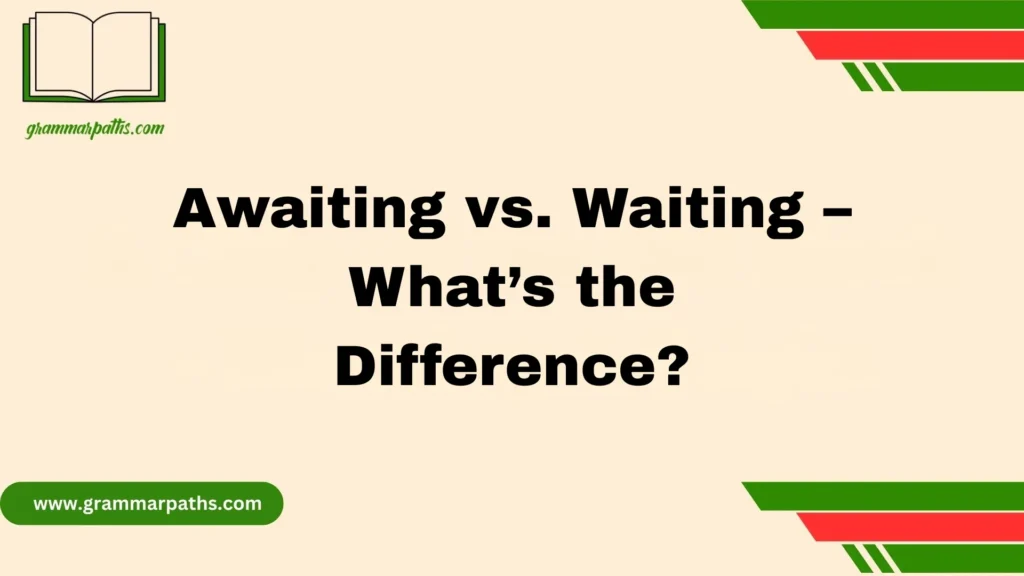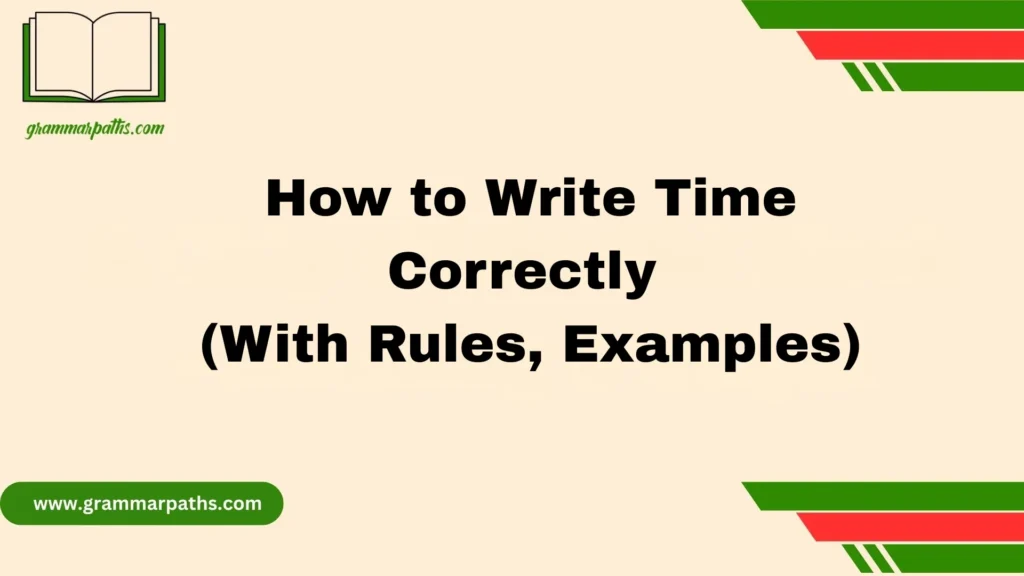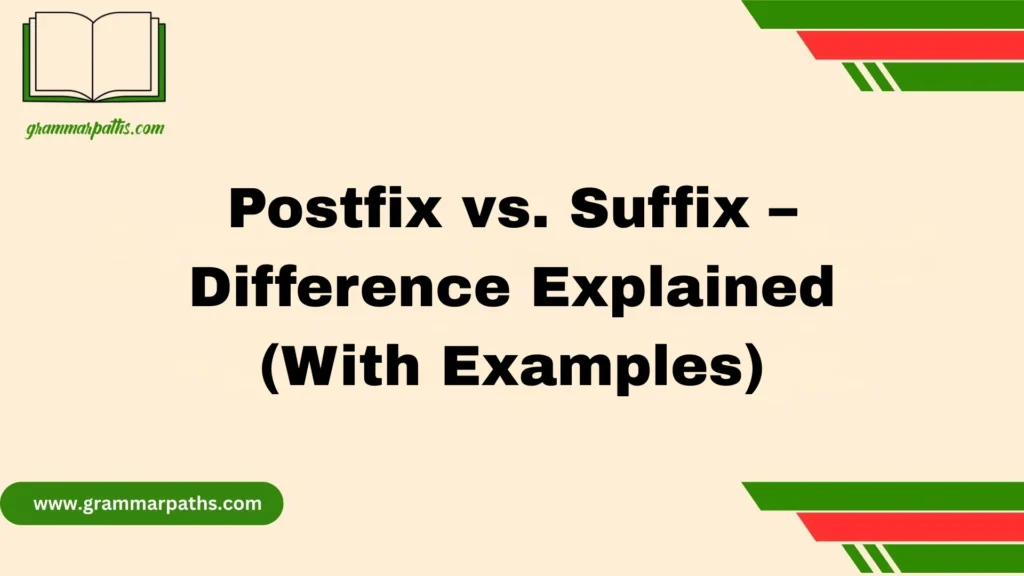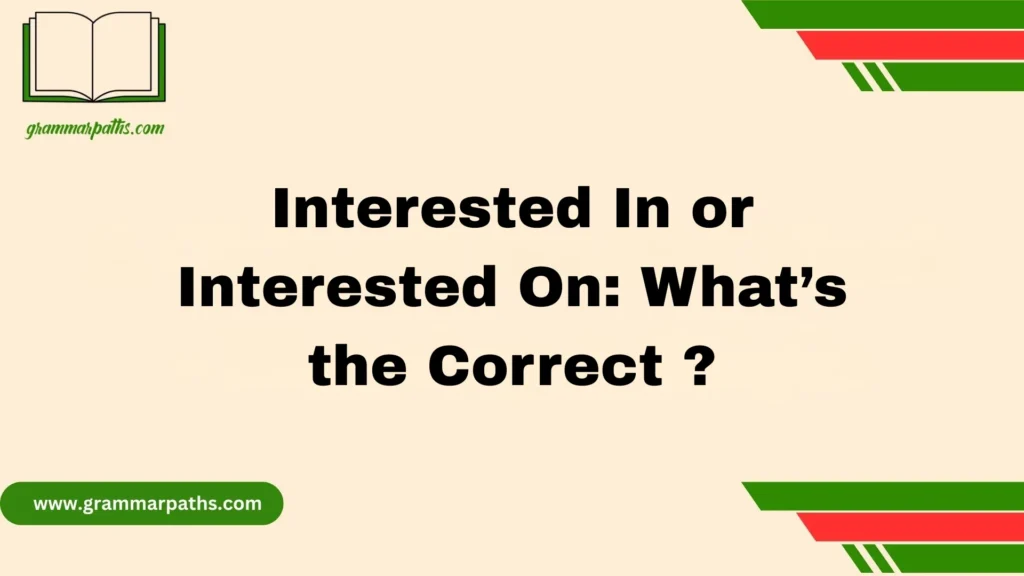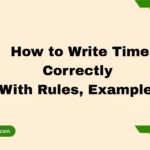I’ve spent years working with English text, and the “All Time or All-time? Hyphen Rule Explained” lesson hit me once during a business report review. A small hyphen can completely alter the meaning of a sentence, shifting its structural flow from polished to clunky. I had to flagged an All-time record because the rules weren’t followed correctly, and the message felt wrong. She’s a great writer, but the foundation of her writing needed a shift—proof that even a regular phrase can look identical yet act different when you hyphenate it.
There’s a difference between “for all time” and “the all-time best player.” The first refers to an entire period without a start or end, while the second describes the greatest in a category or field in history. Knowing this rule keeps your language polished and supports accurate communication. I’ve seen many people—including writers—get confused because hyphenation depends on context. In one example, a misplaced punctuation in a blog post rubbed the impact away; a casually placed hyphen can do more harm than you think.
If you’ve ever followed an online guide on writing, you’ll know hyphens can be tricky. Articles, advice, and even media often get this misunderstood, leading to borderline wrong usage. I’ve watched editors frequently submitting cases where historical records seem different simply because of one misplaced mark. The importance of understanding these rules is not just in avoiding mistakes, but in making your message powerfully clear. Whether it’s long-form content, a summary, or a social post, using the right choice at the right time can elevate your work and keep those compound adjective wonders intact.
Why This Hyphenation Question Matters
English has plenty of tricky hyphenation rules, but “all time” vs. “all-time” trips up even experienced writers. The confusion often comes from seeing both versions in print—sometimes in the same article.
Why does this matter?
- Professionalism: Incorrect hyphenation can make your writing appear sloppy, especially in professional or academic work.
- Clarity: A hyphen can change the meaning of a sentence entirely.
For example:
“That was the best of all time.”
→ Here, “all time” refers to all of history.
“That was an all-time best performance.”
Here, “all-time” modifies “best performance” as a compound adjective.
Hyphenation Basics in American English
Before tackling “all time” vs. “all-time,” it helps to understand what hyphens do.
What Hyphens Do
A hyphen (-) connects words or parts of words to form a single idea. In writing, they:
- Join compound adjectives before nouns (high-speed chase, well-known author)
- Prevent ambiguity (small-business owner vs. small business owner)
- Create clarity in large numbers (twenty-one, thirty-three)
Compound Adjectives vs. Open Compounds
- Compound adjectives: Two or more words working together to modify a noun. Often hyphenated.
- Open compounds: Words written separately but functioning as a single concept (like ice cream).
Rule of Thumb:
If the words come before a noun and act as one idea, use a hyphen. If they come after a verb, usually don’t.
“All Time” vs. “All-time” – Core Difference
The distinction is simple, but important:
| Form | Function | Example |
| All time | Noun phrase meaning “throughout history” or “ever” | This album is the greatest of all time. |
| All-time | Compound adjective describing a noun as record-setting or exceptional | He set an all-time record for most points scored. |
Key Tip: The hyphen connects “all” and “time” into a single modifier. Without it, “all” and “time” stand separately in meaning.
Using “All-time” as an Adjective
“All-time” works as a compound adjective—it modifies a noun directly.
When to Use
- Before a noun, describing the highest or lowest point ever achieved.
- When the phrase acts as a single descriptive unit.
Examples from US media:
- The Dow Jones hit an all-time high last week. — The Wall Street Journal
- That game was an all-time favorite among fans. — ESPN
More Examples
- All-time record
- All-time best
- All-time low
- All-time champion
Note: If “all-time” is moved after the noun, the hyphen is dropped.
- The record was an all-time high. ✅
- The record was the highest of all time. ✅
When to Use “All Time” Without a Hyphen
“All time” stands open when it’s a noun phrase—meaning “ever” or “throughout history.”
Key Rules
- Use without a hyphen when it appears after the verb.
- Avoid hyphenation if it’s not modifying a noun directly.
Examples:
- That movie is my favorite of all time.
- She’s the fastest runner of all time.
- He’s been the greatest player of all time.
Here, “all time” isn’t an adjective—it’s part of a larger prepositional phrase (“of all time”).
Real-World Examples and Missteps
Even major brands and news outlets sometimes slip up. Let’s look at correct and incorrect uses.
| Correct | Incorrect | Why |
| Serena Williams is an all-time great in tennis. | Serena Williams is an all time great in tennis. | Missing hyphen in adjective form. |
| That was the funniest joke of all time. | That was the funniest joke of all-time. | No hyphen needed—phrase follows verb. |
| We reached an all-time sales record in December. | We reached an all time sales record in December. | Missing hyphen in compound adjective. |
The Role of Style Guides
For US writers, style guides are gold when in doubt.
AP Stylebook
- Hyphenate “all-time” when it’s an adjective before a noun: an all-time high.
- Leave it open (“all time”) when used after the verb: the highest of all time.
Chicago Manual of Style
- Similar rule: Hyphenate compound modifiers before a noun, omit after.
- Encourages clarity over strict rule-following—hyphen if ambiguity might arise.
Pro Tip: If writing for a specific publication, follow their style manual exactly. AP is common for journalism; Chicago for books and academic work.
Recognizing Adjectives for Correct Hyphenation
The quickest way to decide is to check whether “all time” is describing a noun or not.
The Adjective Test
- Identify the noun in the sentence.
- Ask: Is “all-time” directly describing it?
- If yes and it’s before the noun → hyphenate.
Examples:
- She broke the all-time attendance record. ✅ Adjective before noun.
- That attendance record is the highest of all time. ✅ Follows verb, no hyphen.
Advanced Hyphenation Notes
Hyphenation rules extend beyond “all-time.” Here are other compounds that follow similar patterns:
| With Hyphen Before Noun | Without Hyphen After Verb |
| full-time job | works full time |
| part-time position | studies part time |
| high-speed chase | the chase was high speed |
| state-of-the-art design | the design is state of the art |
Special Cases in Numbers & Ages
- Always hyphenate ages before a noun: a 10-year-old child.
- Omit hyphen when it follows the noun: The child is 10 years old.
Common Misconceptions
- “Hyphenation is optional” – Not true in professional writing.
- “All-time” can replace “all time” everywhere – Wrong. Grammar dictates usage.
- “Spellcheck will catch it” – Most digital tools won’t flag this unless you have advanced grammar checks enabled.
Hyphenation for Clarity and Precision
The main goal of hyphenation is clear, professional writing. Even if you break the rule for style in creative work, know the correct usage first.
Quick-Reference Chart:
| Use “all-time” | Use “all time” |
| all-time best | the best of all time |
| all-time favorite | my favorite of all time |
| all-time high | the highest of all time |
Conclusion: Mastering “All Time” vs. “All-time”
Getting hyphenation right isn’t about nitpicking—it’s about making your writing clear, professional, and easy to understand. The difference between “all time” and “all-time” may look small on the page, but in meaning and grammar, it’s significant.
Remember the golden rule:
- Hyphenate when the phrase comes before a noun as a single idea (all-time record, all-time low).
- Leave it open when it comes after a verb or stands alone (the greatest of all time).
This isn’t just a grammar quirk—it’s a mark of polished writing that shows readers (and editors) you pay attention to detail. In professional contexts—whether journalism, business reports, or online publishing—getting it right builds credibility.
FAQs: “All Time” vs. “All-time”
Q1: Is “alltime” one word?
No. In standard American English, “alltime” is incorrect. Always use either the hyphenated form (all-time) or the open form (all time) depending on context.
Q2: Does British English follow the same rule?
Mostly, yes. British publications like The Guardian use similar hyphenation rules, but there can be minor style variations. Always check the publication’s style guide if writing for a UK audience.
Q3: Can I use “all-time” in informal writing without worrying about rules?
You can, but misuse still makes writing look sloppy—especially in professional settings like resumes, cover letters, and published articles. Even casual blog posts benefit from correct hyphenation.
Q4: What’s the difference between “all-time” and “all-time high”?
“All-time” is the compound adjective meaning “record-setting.” “All-time high” is a common phrase meaning the highest point ever recorded. You can also use variations like “all-time low” or “all-time best.”
Q5: Which is correct—“She is an all time favorite” or “She is an all-time favorite”?
The correct form is “She is an all-time favorite” because “all-time” is modifying “favorite” directly.
Q6: Do AP Stylebook and Chicago Manual of Style agree on this rule?
Yes. Both recommend hyphenating compound modifiers before nouns and leaving them open afterward. AP tends to be stricter in journalism, while Chicago allows exceptions for clarity.

Grace Marie is the dedicated writer behind GrammarPaths.com, where she shares her passion for English grammar, idioms, and writing mastery. With a strong background in language studies and years of experience helping learners improve their communication skills, Grace creates clear, practical, and engaging content that makes English easy to understand.

